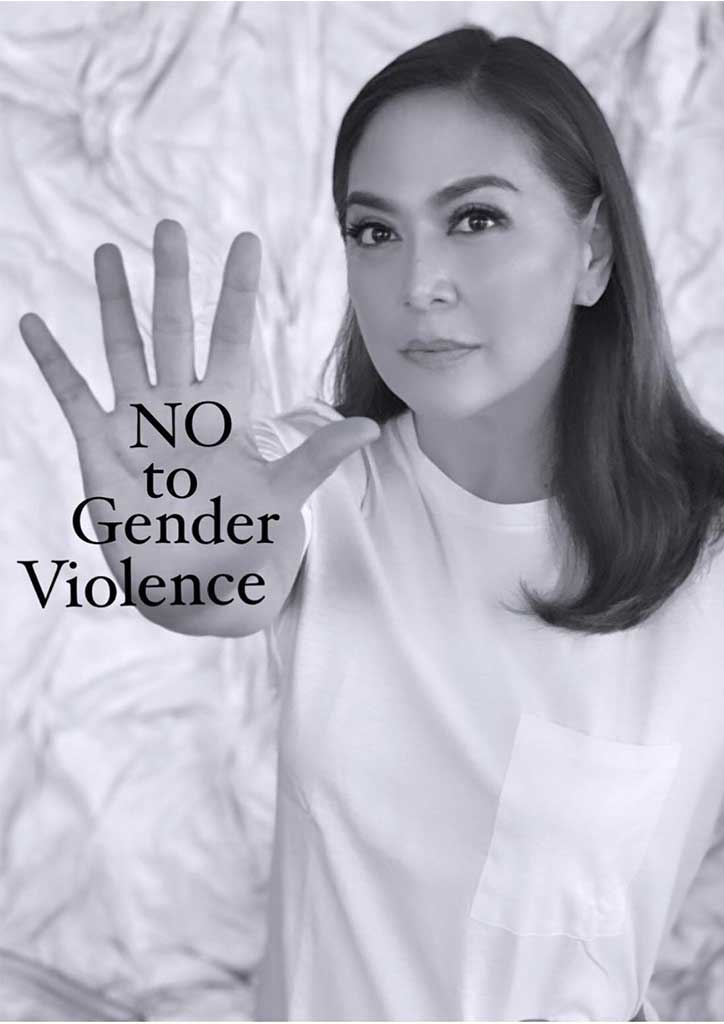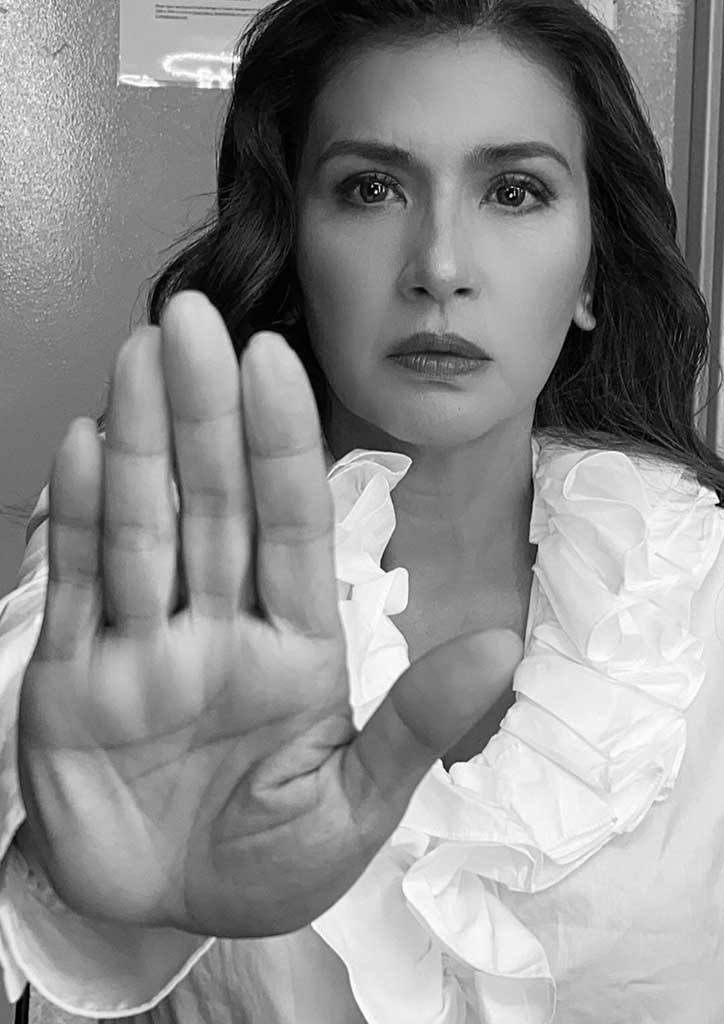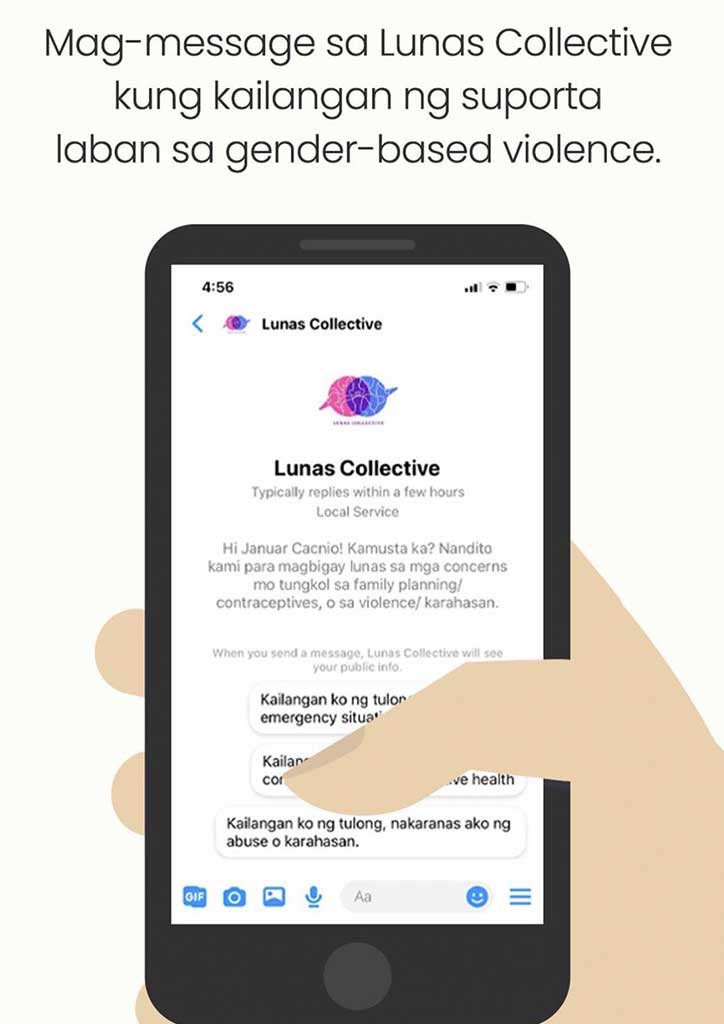What do you do when abuse happens at home? Since the start of the pandemic, victims of gender-based violence are having a harder time escaping their abuser. This time, their truth comes to light.
Related: Stop Red-Tagging: Let Liza Soberano, Catriona Gray, And The Women Speak Their Truth
One would expect that in the middle of a pandemic, violence would be soared. Unfortunately, the truth is it has become alarmingly rampant. The limitations of the pandemic have caused a great misfortune in the lives of many gender-based victims. It is a problem that many have been facing and it is happening now.
According to FamiLigtas, 243 million women and girls (aged 15-49) across the world have been subjected to sexual or physical violence by an intimate partner in the past 12 months. This number is expected to increase, as the virus progresses. As a result, victims of violence are running out of options because they have no where else to stay, but home. These victims may not even have the opportunity to voice out their problems. Recent research has shown, that less than 40 per cent of women who experience violence seek help of any sort. In addition, less than 10 per cent of these victims report their cases to the police. 
To those who do report their cases, it is found that most victims of violence are women. In the Philippines, the National Demographic Health Survey 2017 released by the Philippine Statistics Authority revealed that one in four Filipino women, has experienced physical, emotional, or sexual violence from their husband or partner. There is no explanation as to why this is. Many psychologists have made studies regarding this matter, but have yet to discover the psychological root of the abuser’s motives to women. Other hateful crimes have an ulterior motive, but unfortunately gender-based violence does not have one. It is simply an act of aggression, dominance, and anger.
In a book by the National Research Council titled, Understanding Violence Against Women, they discovered that most abusers have had anger management problems outside of their intimate relationships. A person who is naturally violent or disrespectful to peers has a higher chance of becoming an abuser. Hence, it is important to really know your partner before getting into a serious relationship. If the person is showing signs of aggression towards others, then it would probably be best to steer clear from this potential partner.
When spotting an abusive relationship, there is a common misconception that violence is only physical. The sad reality is abuse can come in one other form: psychologically. Women who are most likely to experience this form of abuse are in an intimate relationship with a partner who consciously controls, frightens, and isolates them. Studies have shown that a victim of severe psychological abuse can experience the same amount of damage as a victim of physical abuse. The long-term effects may include depression, insomnia, chronic pain, social withdrawal, and more.
The worst thing about gender-based violence is that it can happen to anyone. Moreover, many organizations have rephrased their campaigns from Violence Against Women to Gender-Based Violence. This is because violence can happen to anyone. There are men, women, and members of the LGBTQ+ community who have been victims of abuse. With each passing year, more and more celebrities have voiced out their experiences of abuse at home and at their work place. Some of these notable personalities include: Rihanna, Janella Salvador, Reese Witherspoon, Sunshine Cruz, Charlize Theron, and many more. The scope of gender violence does not stop there. Even powerful women may be victims of abuse. 
That is why Filipino Journalist, Karen Davila, is taking a stand against gender-based violence along with other notable personalities from different industries. She has spearheaded the social media campaign, No To Gender Violence, with FamiLigtas in the hopes of raising awareness to GBV. FamiLigtas is a nationwide campaign against gender-based violence. They are currently working hand-in-hand with Lunas Collective by offering psycho-social support and appropriate information for authorities and health facilities. Those involved in the campaign understand the sad reality of gender-based violence victims during the coronavirus pandemic and are here to provide as much support as they can.
If you are a victim of gender-based violence or know of someone who is, please we are urging you to reach out to the 24/7 AVAWCD hotline 8532-6690 or message Lunas Collective on Facebook.







